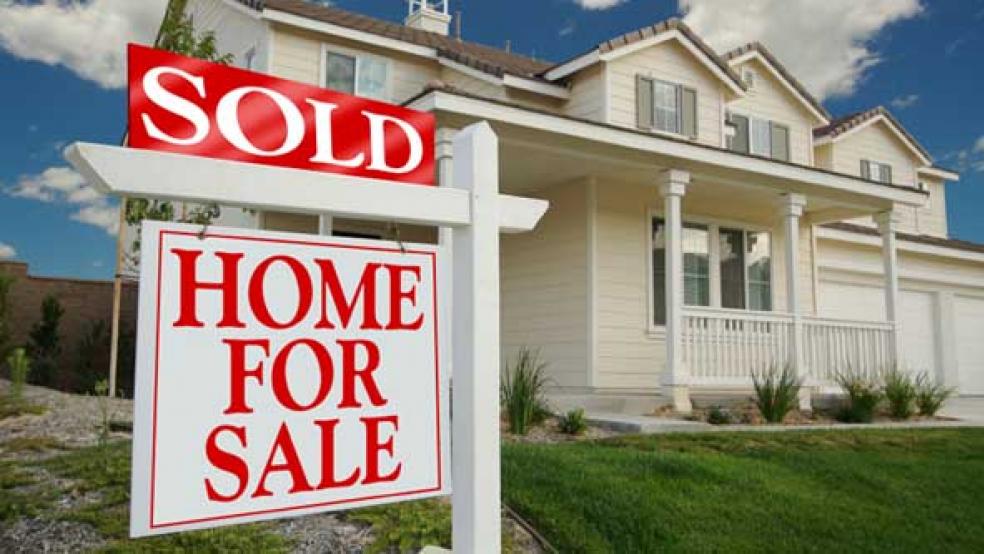Spring – a time for fresh starts and, for some, a new home. Before you head out to open houses, your first question should be: Should I own a home at this time? Your second: Or should I remain a renter?
Finding your first home is enormously gratifying, but funding it can be daunting. Yes, buying a home has its advantages. The government rewards home ownership with favorable tax treatments. You get to build up equity that is yours to keep. And if you’re lucky, the value may increase (don’t bank on it, though).
Maybe the best of all, there’s empowerment in ownership. You can paint the walls any color you please – or even tear them down entirely – without having to ask for permission.
However, buying a house is a huge financial commitment you can’t make on impulse. You might find this telling post of interest, as personal finance author Ramit Sethi describes a friend who did little planning before she was about to buy a $1 million home in San Francisco. I agree with his succinct line in his post: “Research for gargantuan purchases = good.”
Related: The 25 Most Expensive Cities For Renters
Emotions aside, if you’re not financially ready, it might make sense to continue renting until you are on firmer footing.
The costs of home ownership often surprise former renters. These include your initial down payment and opportunity costs – or what else you could be doing with the money, such as paying off high-interest debt from credit card balances or personal loans.
You also must factor in a number of recurring costs: your mortgage, annual property taxes, insurance, standard maintenance, home improvements and applicable condo or neighborhood association fees.
Then, there are the emergency reserves you want to have for events that insurance just doesn’t cover – a refrigerator breakdown, for instance.
To help with your research, this handy calculator provides you with a ballpark figure for the initial and recurring costs of owning versus renting your home.
Some information you need for the calculation:
- Your credit score. I suggest the federally authorized AnnualCreditReport.com.
- What mortgage rate you can get. Here’s a handy starting point to assess bank rates in your region (with emphasis onstarting point, since rates can change quickly).
Related: Why the Housing Market Is About to Perk Up
If you’ve pushed around the planning pencil and concluded that buying is financially better than renting, the New Jersey Housing & Mortgage Finance Agency offers this helpful, step-by-step “Guide for the First-Time Homebuyer.” The guide starts with figuring out what you can afford, through making an offer to the closing of your new home. Some of the financing information is specific to the region, but much of it applies regardless of where you live.
Last but not least, for general learning purposes, calculators and food for thought, I’m fond of the Mortgage Professor, including his list for first-time home buyers.
Happy home buying or renting, whichever is right for you.
This article originally appeared on AdviceIQ.
Read more from AdviceIQ:
How to Manage Inflation
Talking About Finances: Sexy
The Upside of Rate Hikes




